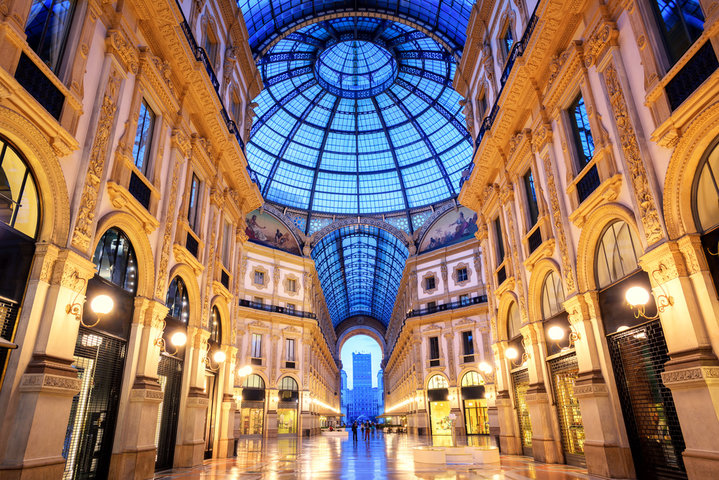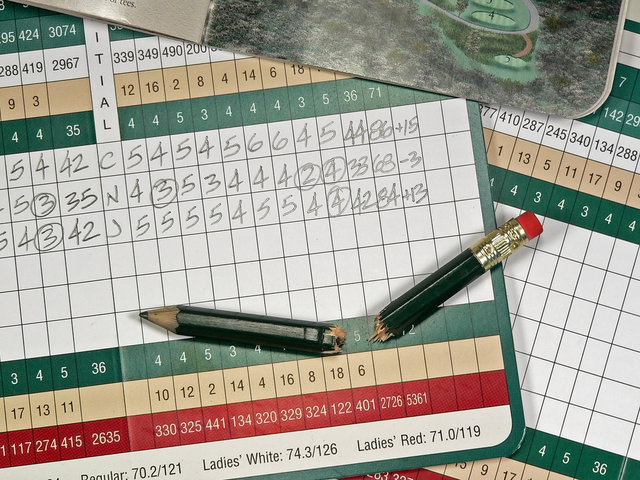Over a recent two-week trip spanning conferences, company and store visits I met with over 30 consumer companies including big box retailers like Walmart, staples companies like Colgate Palmolive and luxury brands Hermes and Estee Lauder.
Having worked in the luxury space before becoming an investor, I find the evolution of the industry over the past few years particularly interesting. Luxury goods is a rarefied market but not a small one. In 2024, personal luxury goods sales are expected to reach over EU365 billion1. LVMH (Louis Vuitton Moet Hennessy), a Platinum holding and the world’s largest luxury goods company, has a market value of EU339 billion2. It’s one of the ten largest companies in Europe.
A reality check?
The luxury industry has gone through a reality check since Covid. During the depressing days of lockdowns many people stuck at home had money in their pockets (they were still working) and transferred the money they would have been spent on travel to luxury goods. That trend continued for some time in the post-Covid period when many went “revenge-shopping.”
Today those forces are reversing. We’re seeing a shift from spending on luxury goods to spending on travel and hospitality. The tough macroeconomic backdrop also means those the industry calls ‘aspirational customers’ – who see buying expensive luxury goods as a rare treat - are leaving the market.
.jpg)
Luxury brands invest and innovate to get more wealthy customers into world-famous shopping destinations like Milan's Galleria Vittorio Emanuele II.
It’s different at the top
The high-net-worth customers are still spending, but competition for their dollar, yuan, yen, euro or won is intensifying. It's interesting to see how far these brands go to engage with their very important customers. Some fly select customers around the world for exclusive events. In Korea, Hong Kong and Japan I saw high end malls working with luxury brands to develop multi-story boutiques. Some brands chasing ultra-high net worth (UHNW) clients have built VIP suites where your kids can do homework while you enjoy the full brand experience (and your kids get into the habit of visiting the store on a regular basis)! At this level, the cost to compete is going up so the luxury businesses with scale are likely to win.
Tough economic conditions mean even the super-rich are being more selective with what they are buying. It is seen as bad taste to flaunt your wealth with flashy purchases even if you can afford them. High end clientele are selecting understated items they perceive will hold their value over time – like gold jewellery and Hermes bags.
As always, attitudes to luxury goods are coloured by customs, laws and culture. In China, people now see certain luxury goods as a store of wealth, partly because they feel they can't rely on the property market. This explains some of their demand for gold jewellery. In Korea, you can pass these beautiful items down to your children without paying inheritance tax (for now). In certain parts of Asia, wearing personal fragrance was considered bad manners (an invasion of other’s personal space). However, through the development of home fragrances, like Aesop hand soap, younger Asian consumers are now starting to embrace the luxury fragrance market.
Investing in the future of luxury
The short-term outlook for personal luxury goods is challenging, but most industry insiders I met are quite optimistic about the long term.
Luxury consumers, particularly in China and South East Asia, are relatively young and early in their luxury journey. Once people have a taste for luxury, they tend to want more luxury products, even if they can’t afford them right now. As the economy improves, they could return.
In luxury, downturns happen but margins are high, customers are loyal and the brands are, for the most part, resilient (Hermes, Louis Vuitton and Cartier were founded in the 1800s). Companies with scale, that invest in their brands, creativity and the customer experience have the potential to be good long term investments at the right valuation.
• Platinum holds LVMH in the International Brands Fund and European Fund.
• You can find information about investing with Platinum here.
• We’ll have more insights into the investment potential of the global luxury market in our September Quarterly Report.
1 Source: Bain and Co/Altagamma Luxury Goods Worldwide Market Study
2 Source: Factset, 27 September, 2024
Having worked in the luxury space before becoming an investor, I find the evolution of the industry over the past few years particularly interesting. Luxury goods is a rarefied market but not a small one. In 2024, personal luxury goods sales are expected to reach over EU365 billion1. LVMH (Louis Vuitton Moet Hennessy), a Platinum holding and the world’s largest luxury goods company, has a market value of EU339 billion2. It’s one of the ten largest companies in Europe.
A reality check?
The luxury industry has gone through a reality check since Covid. During the depressing days of lockdowns many people stuck at home had money in their pockets (they were still working) and transferred the money they would have been spent on travel to luxury goods. That trend continued for some time in the post-Covid period when many went “revenge-shopping.”
Today those forces are reversing. We’re seeing a shift from spending on luxury goods to spending on travel and hospitality. The tough macroeconomic backdrop also means those the industry calls ‘aspirational customers’ – who see buying expensive luxury goods as a rare treat - are leaving the market.
.jpg)
Luxury brands invest and innovate to get more wealthy customers into world-famous shopping destinations like Milan's Galleria Vittorio Emanuele II.
It’s different at the top
The high-net-worth customers are still spending, but competition for their dollar, yuan, yen, euro or won is intensifying. It's interesting to see how far these brands go to engage with their very important customers. Some fly select customers around the world for exclusive events. In Korea, Hong Kong and Japan I saw high end malls working with luxury brands to develop multi-story boutiques. Some brands chasing ultra-high net worth (UHNW) clients have built VIP suites where your kids can do homework while you enjoy the full brand experience (and your kids get into the habit of visiting the store on a regular basis)! At this level, the cost to compete is going up so the luxury businesses with scale are likely to win.
Tough economic conditions mean even the super-rich are being more selective with what they are buying. It is seen as bad taste to flaunt your wealth with flashy purchases even if you can afford them. High end clientele are selecting understated items they perceive will hold their value over time – like gold jewellery and Hermes bags.
As always, attitudes to luxury goods are coloured by customs, laws and culture. In China, people now see certain luxury goods as a store of wealth, partly because they feel they can't rely on the property market. This explains some of their demand for gold jewellery. In Korea, you can pass these beautiful items down to your children without paying inheritance tax (for now). In certain parts of Asia, wearing personal fragrance was considered bad manners (an invasion of other’s personal space). However, through the development of home fragrances, like Aesop hand soap, younger Asian consumers are now starting to embrace the luxury fragrance market.
Investing in the future of luxury
The short-term outlook for personal luxury goods is challenging, but most industry insiders I met are quite optimistic about the long term.
Luxury consumers, particularly in China and South East Asia, are relatively young and early in their luxury journey. Once people have a taste for luxury, they tend to want more luxury products, even if they can’t afford them right now. As the economy improves, they could return.
In luxury, downturns happen but margins are high, customers are loyal and the brands are, for the most part, resilient (Hermes, Louis Vuitton and Cartier were founded in the 1800s). Companies with scale, that invest in their brands, creativity and the customer experience have the potential to be good long term investments at the right valuation.
• Platinum holds LVMH in the International Brands Fund and European Fund.
• You can find information about investing with Platinum here.
• We’ll have more insights into the investment potential of the global luxury market in our September Quarterly Report.
1 Source: Bain and Co/Altagamma Luxury Goods Worldwide Market Study
2 Source: Factset, 27 September, 2024
Disclaimer
The above information is commentary only (i.e. our general thoughts). It is not intended to be, nor should it be construed as, investment advice. To the extent permitted by law, no liability is accepted for any loss or damage as a result of any reliance on this information. Before making any investment decision you need to consider (with your financial adviser) your particular investment needs, objectives and circumstances.



